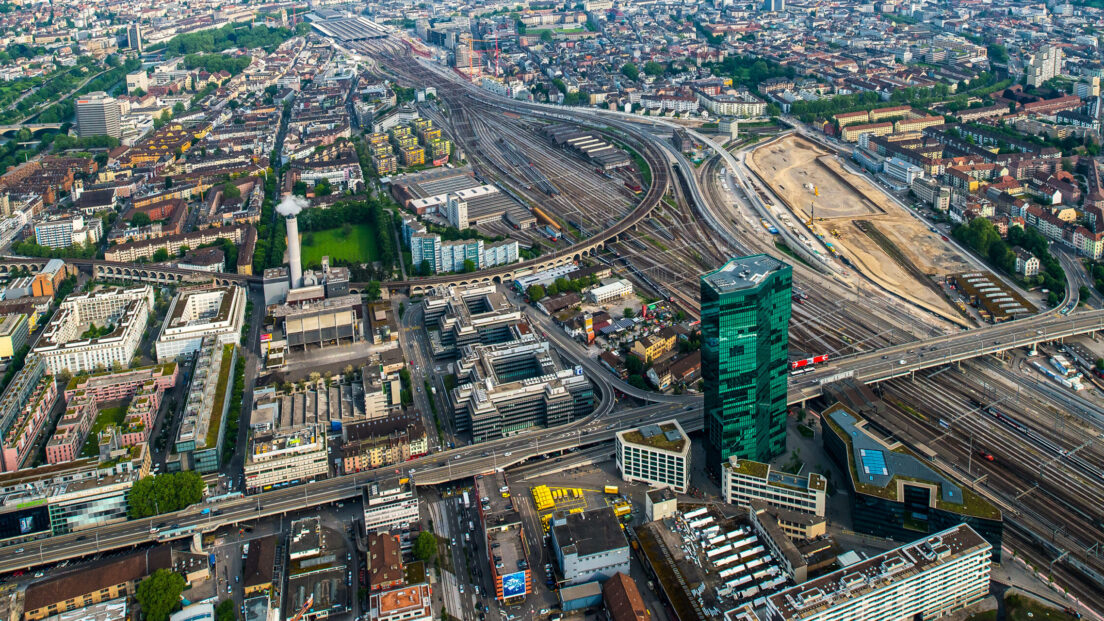Considerable economic growth. Increasing quality of life

The canton of Zurich shows that economic growth and an increasing quality of life are compatible with a decreasing environmental impact. The latest economic monitoring report from the Office of Economic Affairs illustrates this successful balance and presents a thought experiment on the consequences of zero growth.
The economic development of the Canton of Zurich is impressive. In the last 40 years, the inflation-adjusted gross domestic product (GDP) has more than doubled from CHF 74 billion to CHF 159 billion. Per capita economic output has risen from CHF 65,000 to CHF 101,000, with this growth in value added being largely translated into higher wages. In addition, average working hours have decreased by almost half an afternoon per week since 1991, which has led to a continuous increase in the prosperity of the people of Zurich. Technological progress and innovation have been the driving forces behind this.
Rising quality of life – differentiated developments
Economic growth brings with it more than just higher incomes and leisure time. Tax revenues increased, which improved the quality of life in the canton of Zurich in many areas. The OECD uses the “Regional Well-Being Indicators” and the “Better Life Index” to measure quality of life based on eleven different categories. Zurich recorded improvements in education, employment, work-life balance, health and technology. In the areas of safety and housing, the results were mixed, while subjective life satisfaction remained consistently high.
Decline in environmental pollution despite growth
Contrary to the traditional correlation between economic growth and resource consumption, the last 30 years have shown a decoupling in rich regions. In the canton of Zurich, real GDP has risen by 69 per cent since 1990, while environmental quality has improved in most areas. Material consumption, recycling rates, air and water quality and the environmental footprint improved. A relative decoupling can be observed in waste quantities, soil sealing and biodiversity. Greenhouse gas emissions in particular have been significantly reduced by 17 per cent since 1990, despite steady economic growth.
Thought experiment on the effects of zero growth
In its economic monitoring, the INFRAS research office modelled the possible effects of a scenario without economic growth by 2050. This scenario shows that zero growth would lead to significantly lower incomes and an increased risk of poverty. At the same time, financial challenges would increase as there would be less tax revenue and less money available for social insurance, which would result in distribution conflicts. Although environmental quality would benefit in some areas, the costs would be high and fewer financial resources would be available for environmental protection.
The canton of Zurich demonstrates that economic growth, quality of life and environmental protection can be successfully combined. The continuous improvement in various areas of life shows that technological progress and sustainable development can go hand in hand. The thought experiment on zero growth illustrates the importance of balanced growth in order to achieve economic, social and environmental goals.